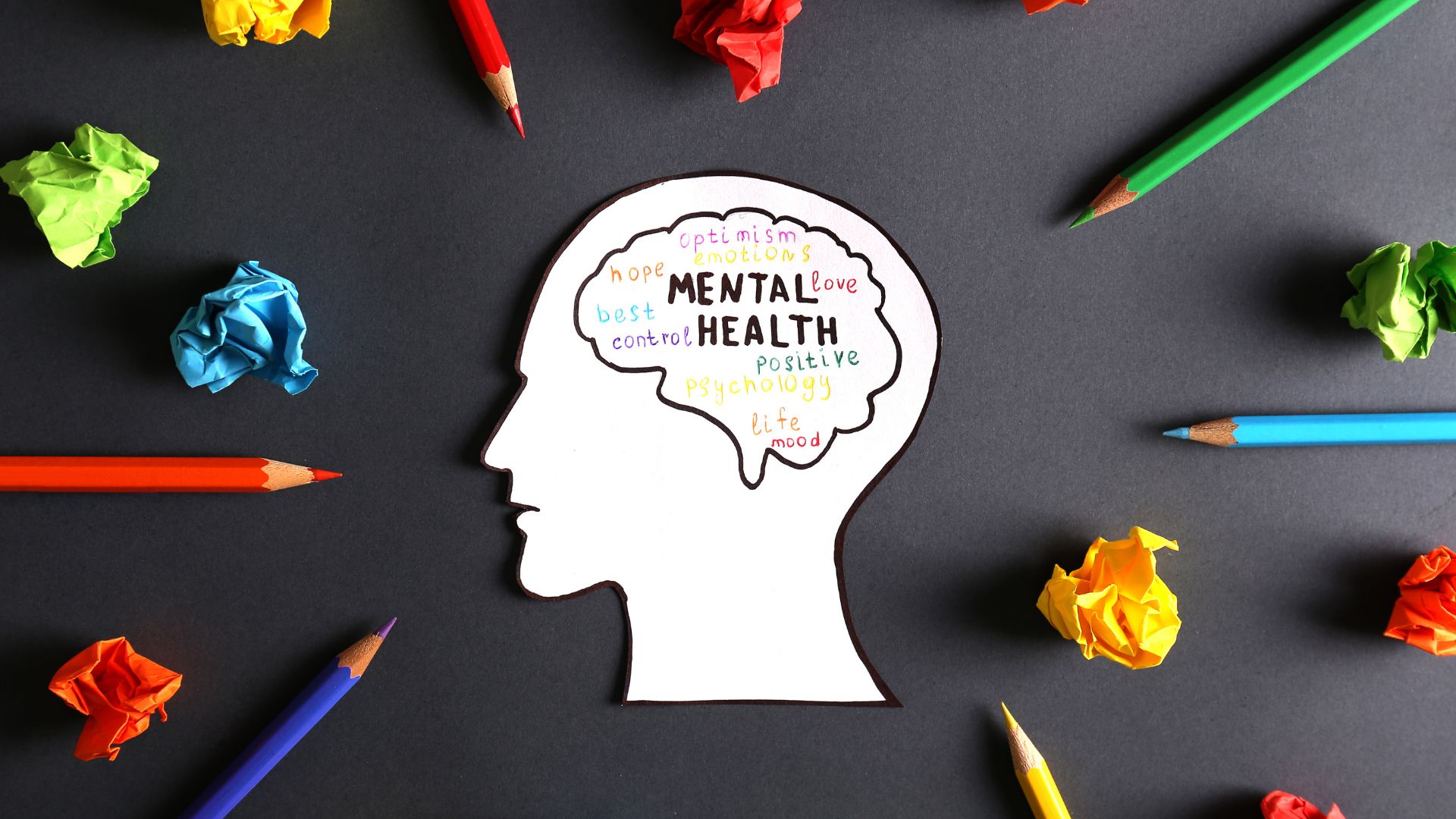As full-time hypnotherapists (as well as lecturers), we’re coming across clients needing help with Long Covid. Sadly, we can’t get rid of Covid with the swish of a magic wand, but we can help to reduce symptoms in some cases. This is because one of our primary jobs as hypnotherapists is to reduce stress and anxiety.
No matter what illness someone might be suffering from, they’re not going to be very happy, are they? When people are anxious/stressed, the brain floods the nervous system with hormones and chemicals, such as adrenaline and cortisol, designed to help them respond to a threat. This can cause rapid heart rate, palpitations or chest pains. Stress and anxiety can also affect the digestive systems and bring on stomach aches, nausea, diarrhoea, and loss of appetite. There are quite a few more symptoms too. Are you feeling happier having read all that? We suspect not!
This is where we come in, we help our clients to become happier or enable them to cope better.
In order to feel happier or cope better, we need to balance the negative stress chemicals with positive ones. We, therefore, explain to our clients how they can help themselves by producing those positive chemicals, such as serotonin and dopamine.
We can get dopamine quite easily, simply by eating a jam doughnut, but we wouldn’t necessarily recommend that way of doing it! There are far better and healthier ways of producing positive chemicals.
There are always small steps people can take to help with any challenges, including long-term illness. We encourage clients to come up with ideas, that are achievable. These can be related to positive actions, positive interactions with others and positive thoughts. By doing this, the client produces positive chemicals just by thinking about it – if they’re doing so in a positive way!
Below is an extract from the British Heart Foundation’s website on Long Covid:
Boost your mood and stay on top of your mental health
- Be kind to yourself during your recovery – be prepared that some days will be worse than others
- Connecting with other people can help you feel happier – make sure to keep in touch with family and friends.
- Having a daily routine can be good for your mood and sense of stability.
- Stay active – continuing to move will help release endorphins and improve your mood.
We couldn’t agree more.
If you want to learn more about how the mind and body work, then have a read about our Hypnotherapy in Practice Diploma course.
